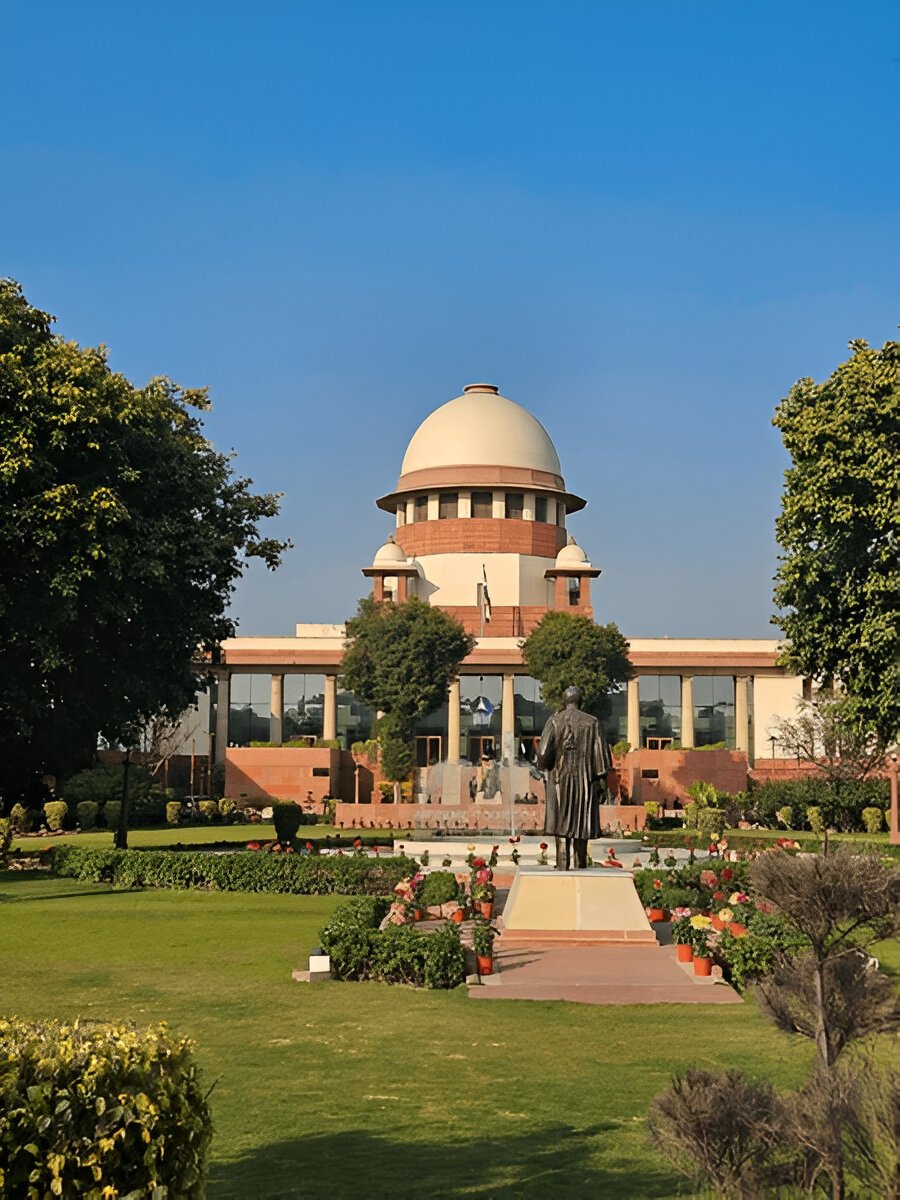Supreme Court Judgment in Ghanshyam Soni v. State (Govt. of NCT of Delhi) & Anr. [2025 (SC) 676 / 2025 INSC 803]
A Bench comprising of Justice B.V. Nagarathna and Justice Satish Chandra Sharma
Introduction
In this significant ruling, the Supreme Court of India reiterated the importance of safeguarding the rights of genuine victims of cruelty while simultaneously cautioning against the misuse of Section 498A IPC. The Court quashed the FIR and chargesheet filed against the husband and his family members, holding that vague and omnibus allegations without concrete evidence cannot be the basis for criminal prosecution.
Facts of the Case
The complainant, a Delhi Police sub-inspector, married Ghanshyam Soni in 1998. She alleged that her husband, mother-in-law, and five sisters-in-law:
- Demanded ₹1.5 lakh, a car, and a separate house as dowry.
- Subjected her to mental and physical cruelty.
- Threatened her with a dagger and physically assaulted her during pregnancy.
She initially filed a complaint on 03.07.2002. FIR No. 1098/2002 was registered on 19.12.2002 under Sections 498A, 406, and 34 IPC at PS Malviya Nagar, Delhi. Cognizance was taken by the Magistrate on 27.07.2004. The Sessions Court discharged all accused on 04.10.2008, terming allegations time-barred. The Delhi High Court, in April 2024, reversed the discharge order. The accused then approached the Supreme Court.
Issues Before the Court
- Whether vague, general, and omnibus allegations under Section 498A IPC are sufficient to prosecute husband and his relatives?
- Whether the High Court was justified in reinstating charges despite the lack of specific and corroborative evidence?
- Can distant relatives be arraigned as accused in 498A cases without detailed allegations?
- Whether the complaint and FIR warranted quashing under Article 142 of the Constitution?
Contentions of the Petitioner
The allegations are generic, vague, and lacking in particulars of time, date, and individual roles. No medical evidence, injury report, or witness statement was submitted to support the charges of cruelty. The complainant had earlier withdrawn a similar complaint, raising doubts about her credibility. The Sessions Court had rightly held the allegations as time-barred and unsupported by material evidence. Prosecution against distant relatives without specific accusations amounts to abuse of process.
Contentions of the Respondent
Alleged that there was persistent dowry demand and cruelty, including during pregnancy. Asserted that being a police officer did not negate her status as a victim of domestic violence. Challenged the discharge order of the Sessions Court as erroneous and urged continuation of proceedings.
Enroll Now
Court’s Analysis
Referred to K. Subba Rao v. State of Telangana, (2018) 14 SCC 452: Distant relatives cannot be prosecuted merely on omnibus allegations; specificity is essential.
Noted absence of injury reports, medical records, or independent witnesses. Found that the complaint was retracted once, casting further doubt.
Emphasized:
“Bald allegations without any specifics of time, date or place do not fulfill the ingredients of Section 498A IPC.”
Observed that the Complainant being a police officer and using the law in this manner to implicate aged in-laws and five sisters-in-law, shows the danger of misusing criminal machinery. Cited its earlier ruling in Dara Lakshmi Narayana & Ors. v. State of Telangana & Anr., cautioning against misuse of 498A.
Conclusion
The Supreme Court invoked its powers under Article 142 of the Constitution to quash FIR No. 1098/2002 and the chargesheet dated 27.07.2004. Held that proceeding with trial would be oppressive, unjust, and a misuse of criminal process.

